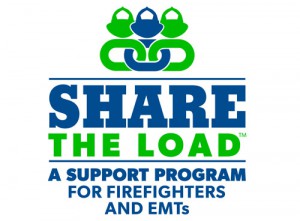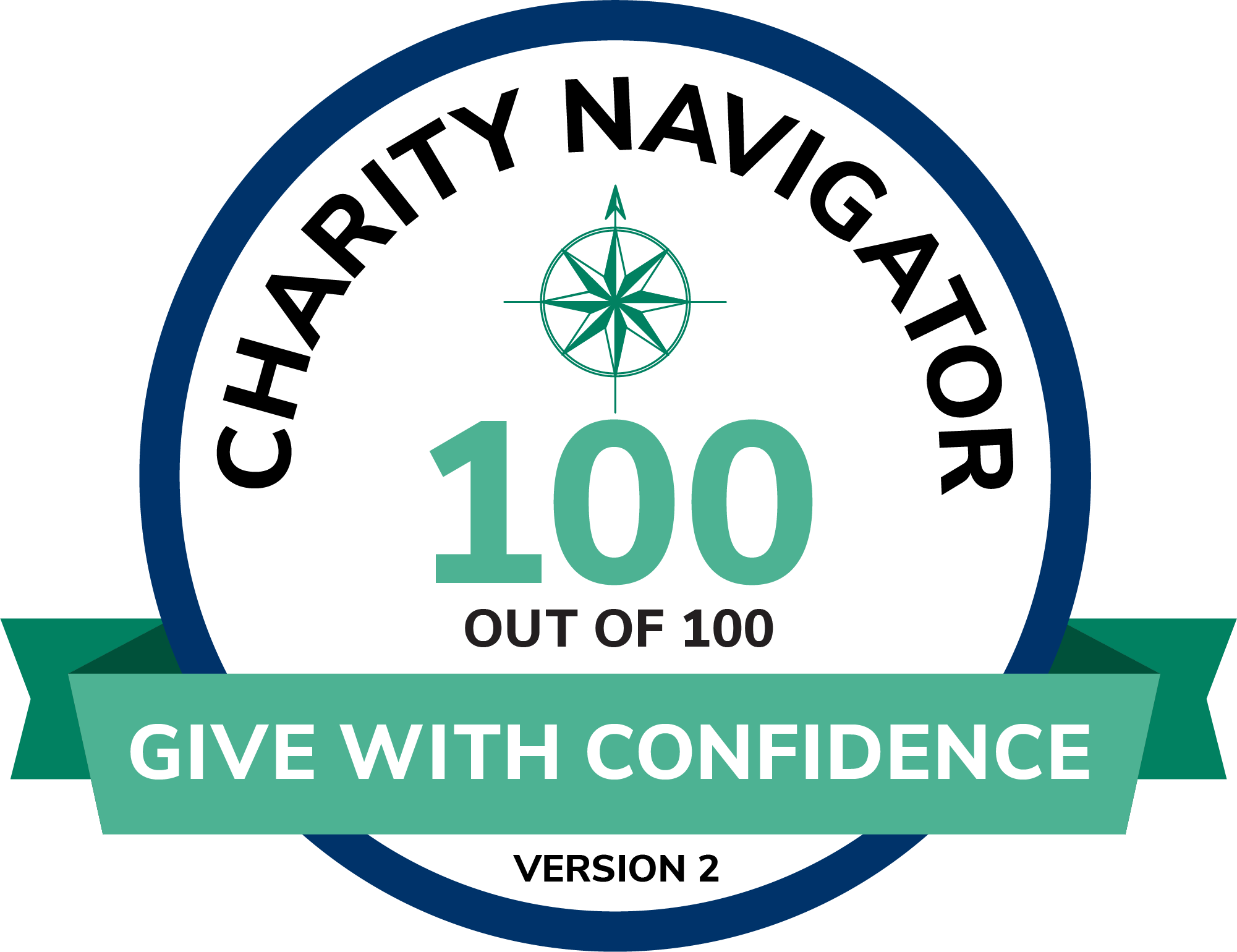NVFC Provides Resources to Support Responder Behavioral Health
September 10, 2024
 Firefighters, EMS providers, and rescue workers are routinely exposed to traumatic incidents and difficult calls. In addition, volunteer responders deal with the stress of juggling work-life-volunteer responsibilities. Due to these factors and more, responders face high risks for behavioral health issues, including post-traumatic and acute stress, depression, suicidal thoughts, and substance misuse.
Firefighters, EMS providers, and rescue workers are routinely exposed to traumatic incidents and difficult calls. In addition, volunteer responders deal with the stress of juggling work-life-volunteer responsibilities. Due to these factors and more, responders face high risks for behavioral health issues, including post-traumatic and acute stress, depression, suicidal thoughts, and substance misuse.
It is critical that responders know where to get help if and when they need it. It is also important that department leaders support the wellbeing of their membership. The National Volunteer Fire Council’s (NVFC) Share the Load Program provides tools and resources to help first responders and their families manage and overcome personal and work-related problems as well as assist department leaders in fostering health and wellbeing among their membership. These include the following:
- The NVFC First Responder Helpline, offered through Provident, provides assistance to NVFC members and their families for a variety of behavioral health issues and work-life stresses. This includes immediate assistance in a crisis moment as well as confidential counseling, resources, and referrals to assistance for a range of issues including stress, depression, family conflict, substance misuse, child or elder care, financial or legal concerns, and more.
- The Directory of Behavioral Health Professionals is an online, searchable database of local behavioral health providers who are equipped and ready to help firefighters, EMS providers, rescue workers, dispatchers, and their families.
- The Psychologically Healthy Fire Departments toolkit and training helps fire department leaders promote and foster well-being among their members and create successful, high-performing departments. Departments can also make the commitment to maintain a psychologically healthy fire department to be featured on a special landing page.
- Courses in the NVFC Virtual Classroom train members of the emergency services and their families on important topics such as signs to watch for, resilience, stress management, and much more.
Find all of these resources and more at www.nvfc.org/help.



